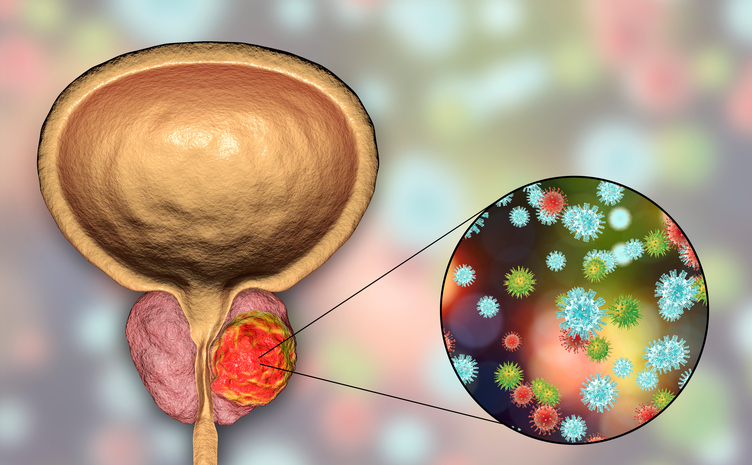Advanced Prostate Cancer Diagnosis
/Advanced Prostate Cancer Diagnosis
Advanced prostate cancer occurs when the disease has spread beyond the prostate into other areas of the body, such as the bones. Regardless of what area of the body the disease has spread to it is still prostate cancer. While advanced prostate cancer is incurable, there are treatments that can help to keep it under control, and in many cases, sometimes for several years. If the cancer starts to grow again and cause any symptoms, there are treatments available to help manage them. There are two different stages of advanced prostate cancer:
• Locally advanced – the cancer has extended beyond the prostate and may include seminal vesicles (tumour stage T3) or other surrounding organs such as the bladder or rectum (tumour stage T4)
• Metastatic – the cancer has spread to distant parts of the body such as bone. It's also common for it to spread to the liver or lungs
The symptoms you have will depend on exactly where the cancer has spread. You may only experience a few symptoms, but as the cancer spreads further over time it can cause more symptoms to manifest. This doesn't always happen and not all cancer that has spread will cause symptoms that affect you day to day. There are treatments which are available to help manage your symptoms. The following are just a few symptoms associated with advanced prostate cancer:
● Fatigue
● Pain
● Urinary problems
● Bowel problems
● Bone fractures
● Sexual problems
● Anaemia
What are the treatment options?
The best treatment option generally depends on how far the cancer has spread and other factors such as your age and overall health. However, if your cancer has spread to other parts of your body, or metastasised, treatments will aim to control or contain the cancer. Where the disease has spread will influence the recommendations your doctor will make about your personalised treatment.
Advanced prostate cancer is usually treated with a combination of treatments, which may include hormone therapy, chemotherapy, immunotherapy, or radiation. Although advanced prostate cancer is not curable, treatment can often help to control the cancer for prolonged periods of time. This can help to reduce symptoms and improve the quality of life.
Making a decision regarding treatment can be both confusing and difficult because of all the issues that need to be taken into consideration. Keep in mind, it’s about finding the right treatment option for you and doesn’t have to be a decision you make alone. It is a good idea to discuss your treatment options with your family and with your healthcare provider before moving forward with treatment.
Dr. Samadi is a board-certified urologic oncologist trained in open and traditional and laparoscopic surgery and is an expert in robotic prostate surgery. He is chairman of urology, chief of robotic surgery at Lenox Hill Hospital. He is a medical contributor for the Fox News Channel's Medical A-Team. Follow Dr. Samadi on Twitter, Instagram, Pintrest, SamadiMD.com, davidsamadiwiki, davidsamadibio and Facebook

